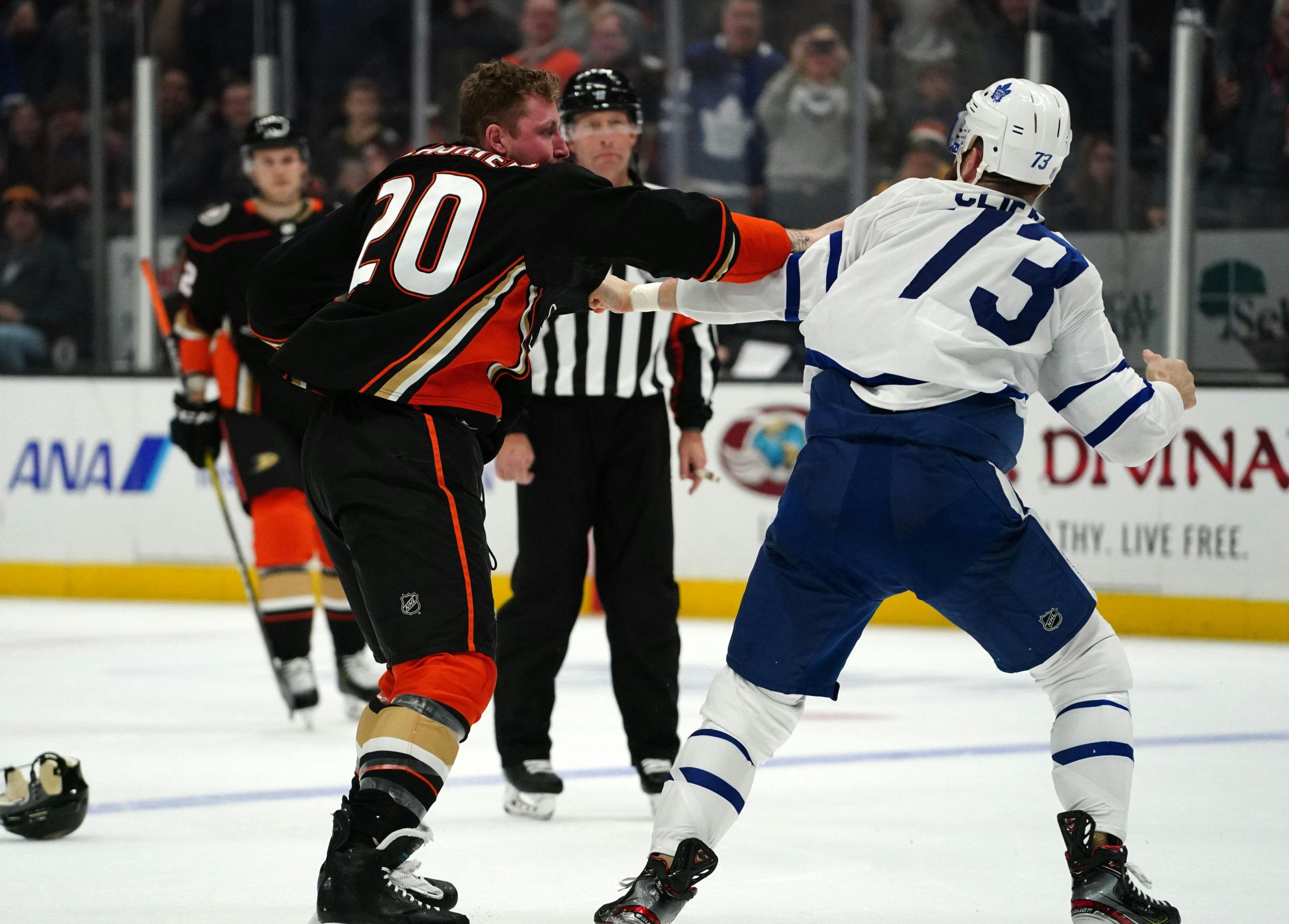What to expect from Kyle Clifford this summer
Photo credit: Kirby Lee-USA TODAY Sports
Breaking News
- Brad Marchand admits the 2025 Leafs are continuing to get better
- Craig Berube doubts Anthony Stolarz will travel to Florida for Game 3-4 against Panthers
- Max Pacioretty exemplifies Maple Leafs’ willingness to sacrifice vs. Panthers
- Ray Ferraro anticipated William Nylander’s huge Game 2 vs. Panthers: ‘Big-game performer’
- Mitch Marner will never forget his first goal as a father: ‘It’s really special’
